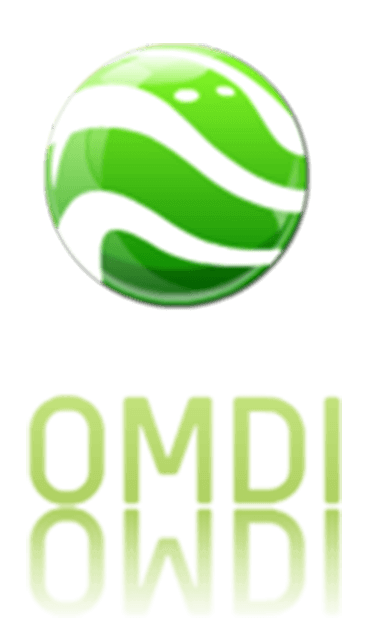Can I use bleach with a septic tank?
Septic tanks are an increasingly popular form of wastewater removal, but for them to function efficiently it’s important to know which chemicals and cleaners you can put into the system.
One of the most common household cleaners is bleach.
And at OMDI, we are often asked if this cleaning product can be used in septic tanks.
The short answer is ‘Yes.’
However, it must only be in small, diluted quantities.
How do cleaning products affect septic tanks?
Using the wrong cleaning products can have seriously consequences for your septic tank.
To understand why, it’s important to choose yours carefully.
It’s crucial you understand how a septic tans works and the potential negative effects chemicals can have on them.
Septic tanks are self-contained systems that use natural processes to break down household waste before safely discharging wastewater into the surrounding environment.
They’re environment-friendly, and often installed in rural areas where access to the public sewer system is not possible.
The natural processes that break down household waste within a septic tank involve naturally occurring bacteria.
These break down solid waste, helping to make the wastewater safe to discharge.
Unsafe chemicals that end up in the system could potentially cause these natural bacteria to stop functioning properly or, worse, they could even kill them.
Why would I use bleach in my septic tank?
Bleach is a popular household cleaning product that’s used to clean and disinfect toilets and sinks, as well as removing unwanted stains.
If you clean with bleach in your household, it’s likely that some will end up in the septic tank as it makes its way into the waste disposal system.
For example, if you bleach your toilet, then flush.
Is bleach safe to use with a septic tank?
But does it matter if bleach gets into a septic tank?
Well, it depends on its strength and quantity.
While bleach could easily upset the chemical and bacterial balances in a septic tank, it can only do so if the concentration is high enough.
If you were to pour an entire bottle of undiluted bleach down the drains, you would be asking for trouble.
But if you’re just using small quantities of bleach, it won’t be strong enough to upset the septic tank.
Most household bleaches that you buy at the supermarket are already diluted.
They aren’t strong, or concentrated, enough to disrupt a septic tank if you use them in moderation.
If you only use them once a week to clean, you shouldn’t have anything to worry about.
To be safe when using bleach, there are a few key points you should always remember to follow:
- Use bleach in moderation
- Don’t clean with it every day
- Make sure it is diluted
- Do NOT use extra strong or full-strength bleach
If you’re unsure whether your bleach is already diluted, then don’t use it in your household.
What happens if I use too much bleach?
If you use full-strength bleach, or too much gets into the system, the consequences for your septic tank could be drastic.
For example, it might necessitate expensive repairs.
Because too much bleach kills the bacteria, a septic tank can no longer effectively break down the solid waste that enters into the system.
The first sign will be a bad smell.
That means that your septic tank isn’t working properly.
Continue to leave the problem, and the lack of bacteria will cause the solids to build up inside the tank and then in the pipes.
You’ll have blockages, perhaps breakages, because the septic tank can no longer break down the household waste.
If you put too much bleach into the system, or any dangerous chemical, you’ll need to have the septic tank examined by a professional.
Can I use other cleaning products with a septic tank?
As well as using bleach in small, diluted quantities, there are other household cleaning products you may be concerned about using with a septic tank.
The good thing to remember is that most household cleaning products are heavily diluted already (after all, most families don’t want dangerous products lying around the house!), so it’s unlikely they will cause your septic tank any trouble in small doses.
Still, it’s always a better idea to be safe rather than risking using chemicals you’re not sure about, so try to keep chemical use to a minimum.
There are a few things to check before using a new cleaning product:
- It’s a mild detergent
- It’s water-based
- It’s phosphate-free
- It’s specifically labelled ‘septic safe’
- It’s biodegradable
- It’s environment-friendly
Cleaning products that often meet these criteria include (but aren’t limited to):
- Eco-friendly washing powder
- Liquid drain cleaners
- Eco-friendly toilet cleaners
If you’re unsure whether a cleaning product is safe for use with a septic tank system installed on your property, it’s best not to use it.
Contact OMDI today for your free quote
At OMDI, we have years of experience when it comes to septic tanks.
As well as designing and installing septic tanks, and other wastewater disposal systems, our engineers are well practised in servicing and repairing them too.
Our team is ready to assist with your septic tank installation, repair, or servicing, and we can advise you too on the best cleaning products to use in your system. Contact OMDI today for further information and a free, no-obligation quote.
